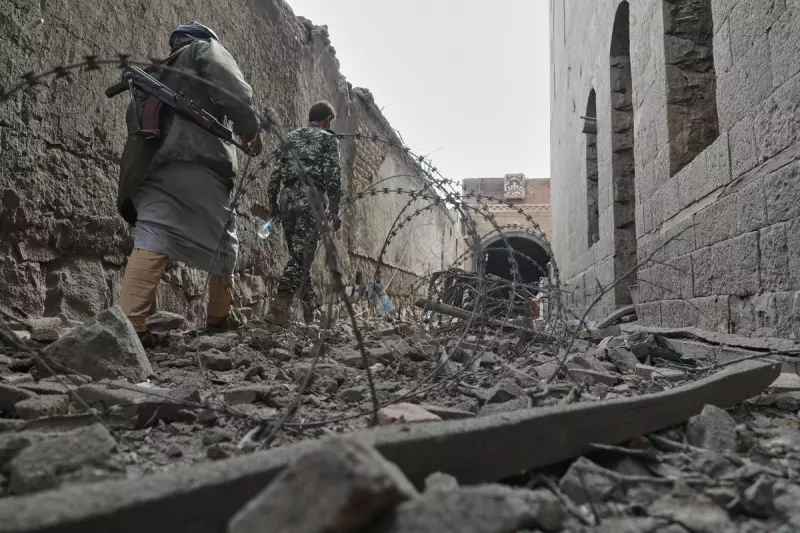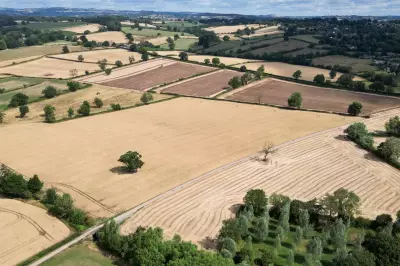
War-Torn Nations Sound Alarm at Climate Summit
Countries ravaged by conflict have issued a stark warning at the Cop30 climate conference in Brazil, declaring that war represents a critical 'blind spot' consistently overlooked in global climate negotiations. In an exclusive statement obtained by The Independent, a coalition of ten nations has demanded more equitable distribution of climate funding and more effective channelling of resources toward adaptation projects.
The Struggle for Survival and Support
The countries behind this urgent appeal - collectively known as the Improved and Equitable Access to Climate Finance (IEACF) Network - include Somalia, Papua New Guinea, Timor Leste, Yemen, South Sudan, Chad and Burundi. These nations highlighted their particular vulnerability to climate impacts while receiving only 10 per cent of global climate aid, severely hampering their ability to adapt to the devastating consequences of the climate crisis.
Mauricio Vazquez, head of policy for global risks and resilience at think tank ODI Global, emphasised the injustice: 'We have a situation where these countries are being impacted the most by climate change after contributing the least - but because of how global financial architecture is organised, they are not receiving money to address the problem.'
The network, formed at Cop29 with a call for $20 billion in annual aid to meet climate adaptation needs, has seen its concerns largely ignored by the Brazilian presidency despite high-profile discussions about climate finance in other areas.
Voices from the Frontlines
Representatives from conflict-affected nations shared their desperate situations with The Independent ahead of the statement's release.
Oumar Gadji Soumaila, director general for Chad's climate fund, described his country's multiple crises: 'Chad is a landlocked country facing several challenges, aggression from the terrorist group Boko Haram, and the fall-out from Lake Chad shrinking more than 90 per cent over the past fifty years due to climate change.'
Soumaila revealed that the $6,000 cost of flying from Chad to Belém meant their delegation numbered fewer than 25 people at Cop30, compared to over 100 at previous conferences, significantly reducing their negotiating power.
For Somalia, the current system represents 'stupid economics', according to Liban Obsiye, who manages climate finance at Somalia's Ministry of Finance. 'The irony is that when the alarm is sounded for a humanitarian disaster, billions are mobilised. But if you don't invest in climate resilience then the disaster will strike again,' he told The Independent.
Tawfeeq Al-Sharjabi, Yemen's environment minister, highlighted how war has obscured the climate crisis in his country: 'The war, with all its tragedies, has obscured a more fundamental crisis: the catastrophic and escalating repercussions of climate change. We cannot hope to build lasting peace when communities are infighting for the last drop of water.'
Vazquez warned that private lenders' reluctance to invest in conflict-affected countries makes international aid particularly vital, creating a vicious cycle where nations remain dependent on humanitarian assistance without building future capacities.





